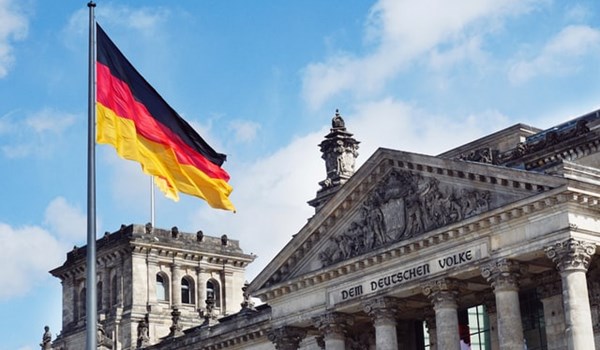UAE’s Vice President and ruler of Dubai Mohammed bin Rashid Al Maktoum announced a new tax on foreign banks in the emirate on Thursday, representing another change to the country’s tax landscape.
What happened: The new law requires foreign banks to pay a 20% annual tax on their income. All foreign banks operating in the emirate are subject to the tax, except those in the Dubai International Finance Centre, according to a post on X from the Dubai Media Office.
The Dubai International Finance Centre is a financial hub with an English common law-based legal framework that is separate from the rest of the UAE.
The banks will not need to pay the tax on top of the UAE-wide corporate tax that went into effect last year. Rather, the tax that foreign banks pay in Dubai will be deducted from the corporate tax, according to the Dubai Media Office.
Why it matters: More than a dozen foreign banks operate in Dubai. Many of the prominent international banks in the city, such as JP Morgan and Deutsche Bank, are located in the Dubai International Finance Center and are thus exempt from the tax. Others, such as HSBC and regional banks including Banque Misr and Arab Bank, are not in the center and will therefore be subject to the tax, according to the law.
The UAE’s first-ever tax on corporate profits came into effect last June. The 9% tax applies to corporations’ and businesses’ taxable profit above 375,000 dirhams (around $100,000). There are certain exemptions to the corporate tax, but banks are among the entities subject to it.
The Gulf state announced the tax in 2022 in an effort to boost government revenue and reduce dependence on oil and gas. The Emirati economy has traditionally relied on energy for revenue, but its non-oil sectors are growing. Entities in the UAE have invested heavily in artificial intelligence, cryptocurrency, green technology, entertainment and other industries in recent years.
Non-oil sectors grew 5.9% during the first half of 2023, compared with an overall 3.7% growth of the UAE’s gross domestic product (GDP). Non-oil sectors account for more than 70% of the country’s GDP, Reuters reported in November.
Know more: The introduction of the Dubai tax comes as the UAE is seeking to boost compliance with its pre-existing financial laws and regulations. The Gulf state has been increasing its efforts to crackdown on money laundering and terrorism financing in particular after being added to the Financial Action Task Force’s “grey list” in 2022 but was removed last month.
The UAE’s increased its oversight over financial institutions in response to the designation, and issued new guidelines for identifying suspicious, high-risk or sanctioned activity last year.
The implementation of a tax on foreign banks adds another layer of government oversight over Dubai’s financial sector.



